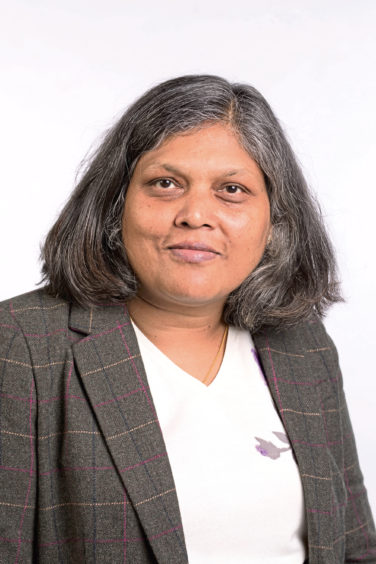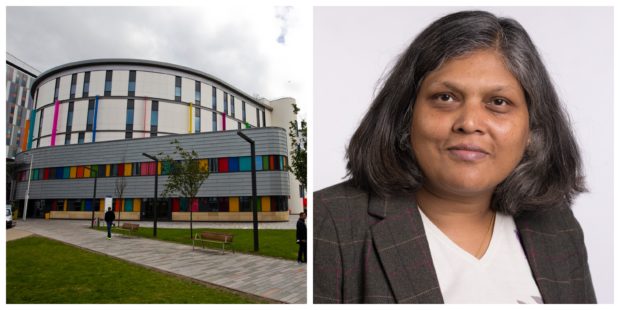
Leading academics yesterday backed the Hear Our Voice campaign as the calls for a Scottish Patients’ Commissioner wins widening support.
They backed the appointment after we published an unprecedented open letter to Health Secretary Jeane Freeman, signed by patients, senior politicians, including leaders of all the opposition parties, a former First Minister and former health secretaries, calling for a new patients’ champion to raise concerns, investigate complaints and hold organisations to account.
Yesterday, Ms Freeman told The Sunday Post, the appointment of a commissioner is being actively considered by ministers as support for the move continues to grow.
The backing of leading academics can be revealed today on the eve of a public inquiry into problems at two flagship hospitals. The parents of children who died during an infections scandal at one of them claim the inquiry has taken too long and say the delay underlines the need for a new champion.
Lord Brodie will launch his inquiry into the construction of the Queen Elizabeth University Hospital, Glasgow, and the still-to-open Royal Hospital for Sick Children, Edinburgh tomorrow after both sites were blighted by ventilation and drainage problems.
Alison Britton, professor of healthcare and medical law at Glasgow Caledonian University, agrees the wait has been “too long” for parents and urged the inquiry to acknowledge and ease their trauma. Professor Britten said: “It’s too long for a grieving parent to have to wait for answers, but a good use of interim reports could help. If the inquiry meets public expectations and really does get answers, it would be a good use of time as long as we learn from it.
“Most important in all of this however, are families who have lost loved ones. We must be assured they will be fully supported during the inquiry as there will be evidence heard that will be emotionally traumatic for them.
“Their wellbeing, as well as that of the staff who lost patients, must be paramount and that means there must be advocacy and support available to them.”
Baroness Julia Cumberlege recommended a Patients’ Commissioner for England in her landmark review of treatments, including mesh implants. Her report, First Do No Harm, found patients had been badly let down and their concerns ignored.
She believes Scotland could lead the rest of the UK in appointing a Patients’ Commissioner and also signed the open letter published last week, along with the other two members of her review team.
Professor Britton, who found “systemic failings” after being commissioned to investigate a Scottish Government review of mesh implants, said the Cumberlege Report into the mesh and birth defects scandals made a number of “extremely good recommendations.”
She said: “I’d be glad to see Scotland taking the UK lead with an independent Patients’ Commissioner. We’ve always been an innovative and progressive country. The very principals of our NHS are all about having patients at its heart.”
She said it was now almost 20 years since the Mid-Staffs hospital scandal where sub- standard care led to as many as 1,200 patients losing their lives. As a result, QC Robert Francis was called on to investigate, leading to his 2013 inquiry and damning report.
Professor Britton said: “A recurring theme of that was also about patients and their families not being heard, and I know how disappointed and frustrated Robert Francis was that not all of his recommendations were taken up.
“We have an opportunity now, here in Scotland, to really make a difference for everyone who uses our NHS.”
Linda Bauld, professor of public health at Edinburgh University is another signatory who described our campaign as “an excellent initiative”.
Professor Divya Jindal-Snape of Dundee University, chair of the inter-university Research Centre For Transformative Change, said: “In our research, young adults with complex health conditions and their families said their voice was not always heard and they felt disempowered. We also found some people experienced lack of voice in relation to invisible health conditions, such as fibromyalgia.
“Illness and health conditions are challenging not only for the individual who is experiencing them but also their families.
“Despite the excellent service provided by NHS staff, if patients and families have a perception of not being heard, it is another challenge that is unnecessary and detrimental to the care they are receiving.
“Voice and agency are crucial to people’s wellbeing. The appointment of a Patient’s Commissioner will be an important step towards listening to their voice, acting on it, and ensuring their psychological wellbeing,” she added.
Emeritus professor of health and World Health Organisation advisor Andrew Watterson of Stirling University said: “The experiences of the patients injured by mesh and the subsequent investigations which exposed the many problems they faced as well as the failures to hear their voices makes the case for an independent patient commissioner in Scotland overwhelming.
“We must learn from their terrible experiences and those of other patient groups faced with major problems arising from drugs and treatments by appointing such a commissioner. It would be folly not to do so.”
The Inquiry
The public inquiry starting tomorrow was announced by Health Secretary Jeane Freeman last September and will look into the construction of the Queen Elizabeth University Hospital campus in Glasgow and the Royal Hospital for Children and Young People and Department of Clinical Neurosciences in Edinburgh.
The inquiry was ordered after three patients in Glasgow died from infections linked to pigeon droppings and water supplies. The Edinburgh hospital, meant to have opened a year ago, remains closed amid concerns about ventilation and drainage. A review into the QEUH in June concluded there was no evidence that design flaws caused any deaths.

Enjoy the convenience of having The Sunday Post delivered as a digital ePaper straight to your smartphone, tablet or computer.
Subscribe for only £5.49 a month and enjoy all the benefits of the printed paper as a digital replica.
Subscribe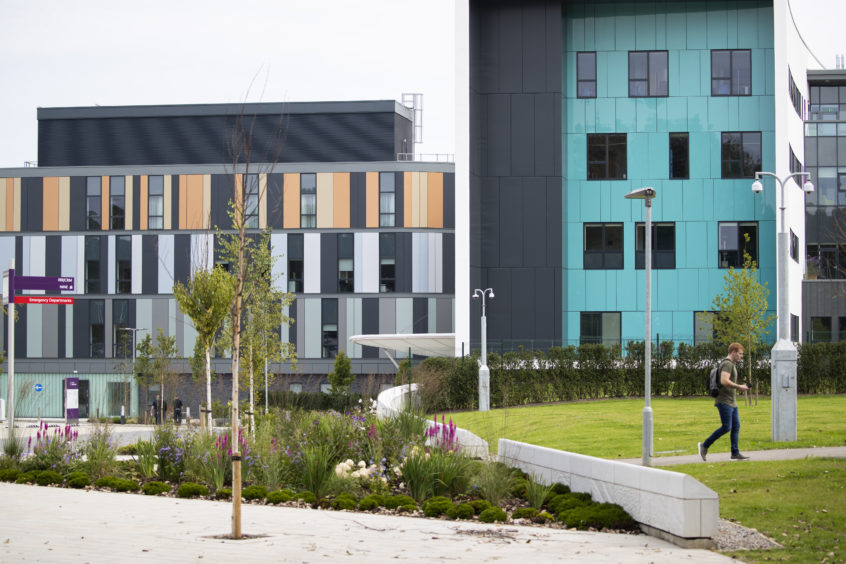
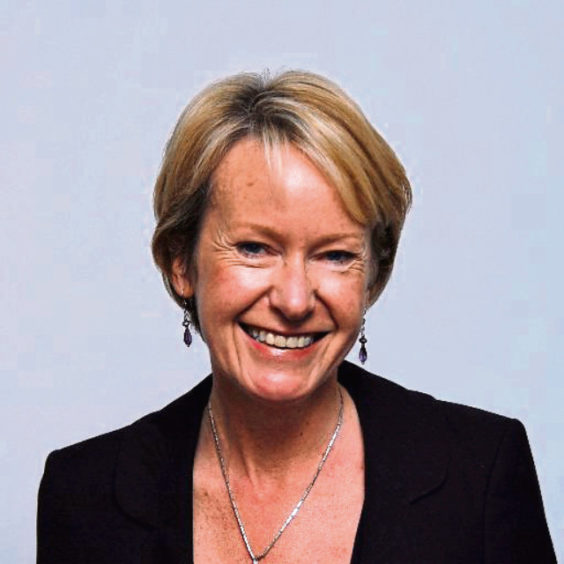
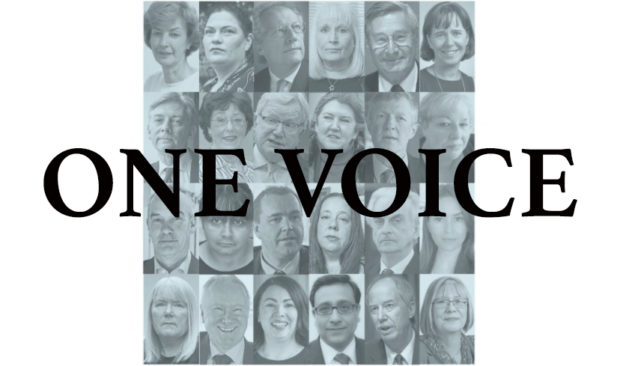
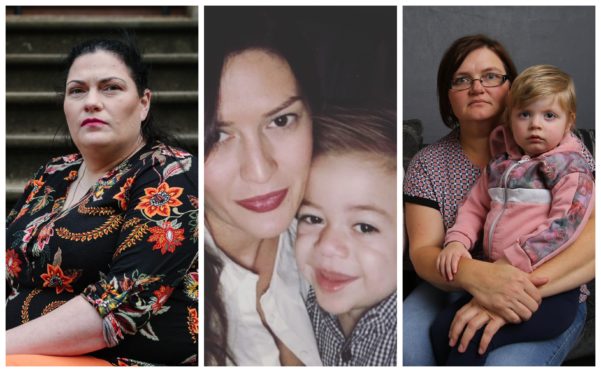
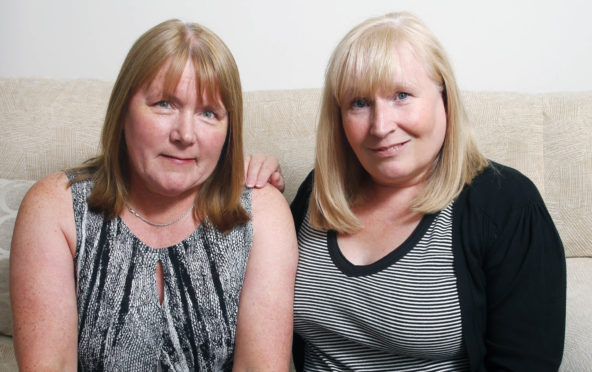
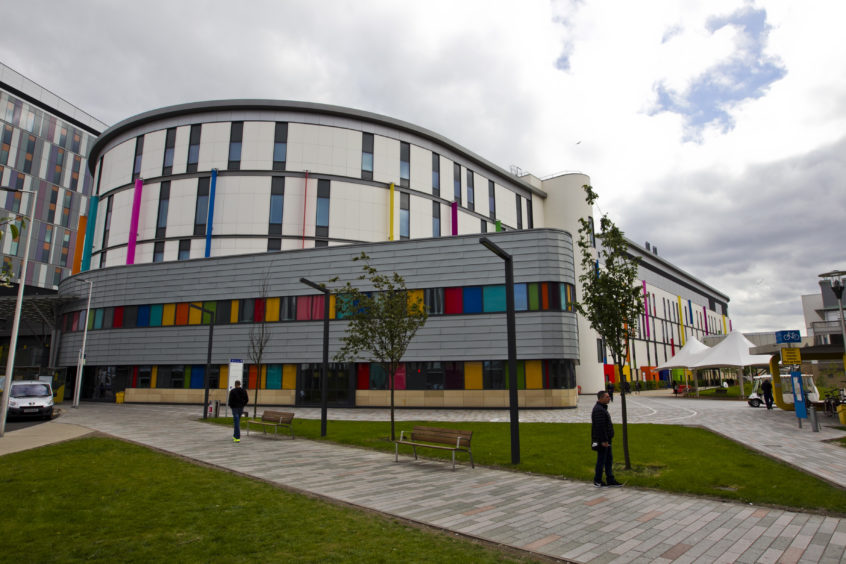 © Andrew Cawley
© Andrew Cawley